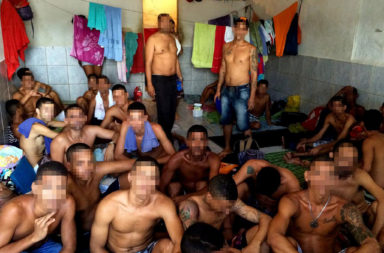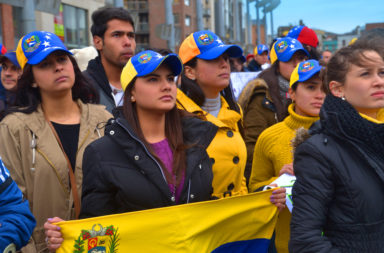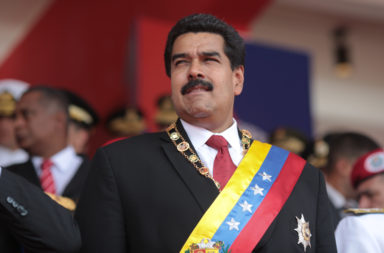By David Smith in Buenos Aires
The economic numbers from Latin America’s heavyweight economy, Brazil, make nightmarish reading. With opposition politicians opening formal impeachment proceedings against President Dilma Rousseff, history tells us that the rest of the region will suffer as the lead player faces its worst recession in almost a century.
Such is the sense of crisis that Mauricio Macri, president-elect of neighbouring Argentina, is insisting that Brazil’s economic meltdown creates opportunity. It could provide a chance finally to seal a deal between the fractious Argentina-Brazil-led Mercosur trade bloc and the European Union, a pact that has been years in the making.
‘Crisis equals opportunity, and that’s what our new president sees here, with real urgency,’ according to one of Macri’s advisers. ‘Don’t forget, no country will pay the price for Brazil’s decline like Argentina, it’s our No. 1 market.’
As Brazil spirals downwards, Argentine exports to Brazil have plummeted, down 25% in a year, devastating industry and leading to large lay-offs. According to statistics from Brasilia this week, Brazil’s GDP is down 4.5% over the past 12 months. Inflation is running at more than 10%. Unemployment has almost doubled within a year, to 8%. And the real is moving ever closer to a record low of $R4 to the dollar, a fall of almost 50% in the past 12 months.
Macri and Rousseff make unlikely compañeros. Macri is a multi-millionaire businessman who prides himself on his lack of ideology. Rousseff is a one-time urban guerrilla who leads the Workers’ Party. Dilma, and her predecessor Luiz Inacio Lula da Silva, made it abundantly clear they did not favour Macri in Argentina’s recent election, preferring the anointed heir proposed by President Cristina Fernández de Kirchner.
Dilma will attend Macri’s swearing-in next week, with the two leaders agreeing that desperate times call for urgent action, starting with a proposal to take the proposed EU trade pact to a Mercosur summit before Christmas. At the same time, Macri will be pushing for Argentina and Brazil to open negotiations with the Trans-Pacific Partnership, the US-led Pacific Basin club embracing Chile, Peru, Mexico.
‘We believe Latin America needs fundamental realignment on the global economic stage, and now is the time,’ to quote that Macri adviser. ‘Brazil has to be with us, which is why our new president is moving quickly, realising that Brazil may be more disposed to his thinking right now.’
Mercosur has always been an organisation dogged by politics, and there is a major focus of contention in the days ahead. Macri wants the authoritarian government of Nicolas Maduro in Venezuela outlawed for its treatment of political opponents, specifically the imprisonment of opposition leader Lisandro Lopes.
Dilma, and Lula, remain publicly loyal to the Venezuelan leadership. But both are tempered by the sense of crisis at home, especially now impeachment proceedings against Dilma have begun over the monumental corruption scandal surrounding state oil giant Petrobras.
‘Dilma has very few good options right now,’ says a leading banker in Sao Paolo. ‘The status quo, with recession becoming depression, leads in time to people taking to the streets. She will be the focus of their anger. She has to take action. Macri is speaking to just that, a basic change of direction for all of us.’
Next week’s hand-over of power in Buenos Aires looks like a catalyst for the region to think anew. The alternative would be dire: a repeat of history, where the virulent politics of left versus right trump sound economics and development.
David Smith, OMFIF Advisory Board member, represented the UN Secretary-General in the Americas 2004-2014.




